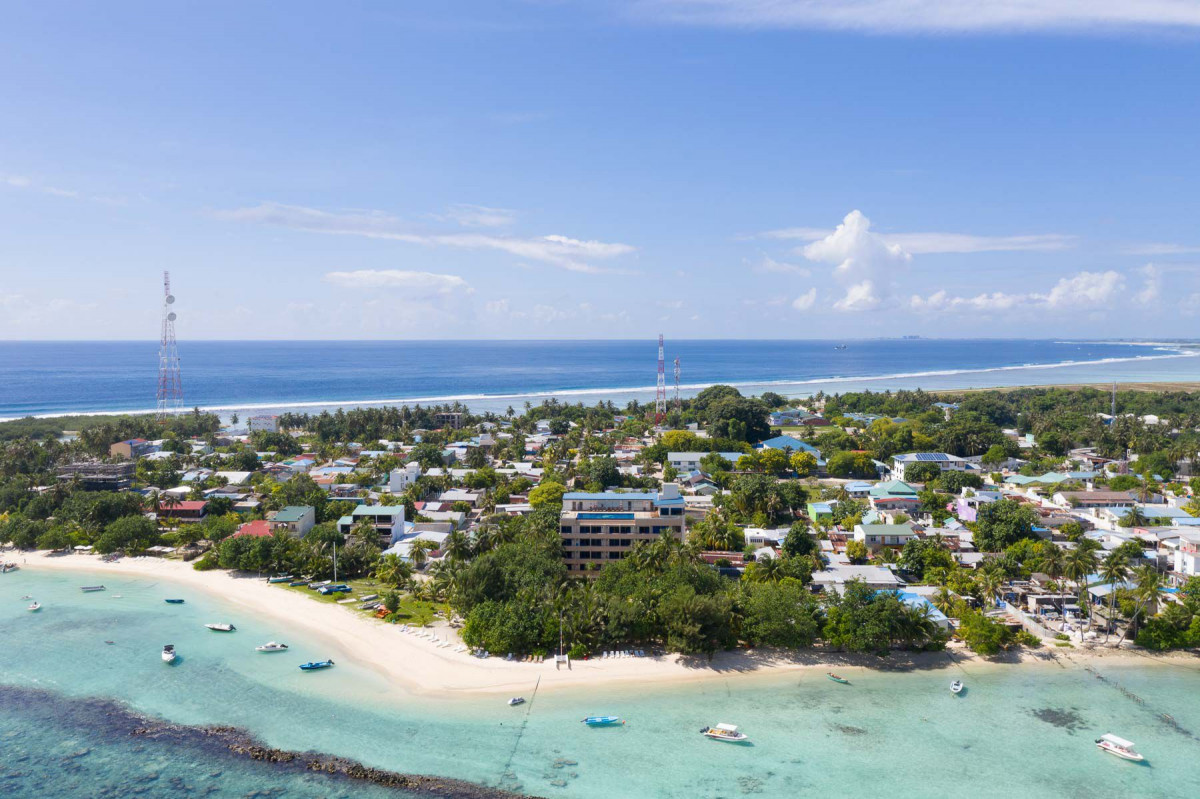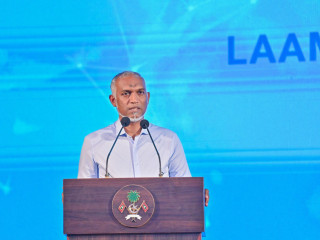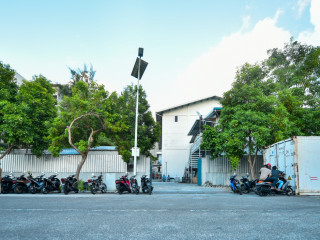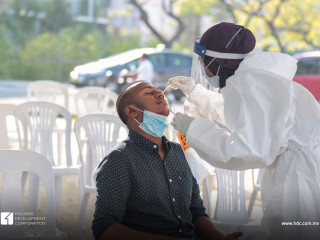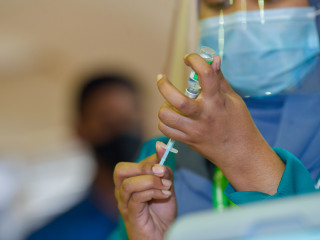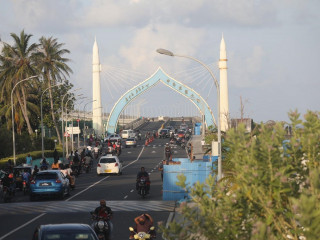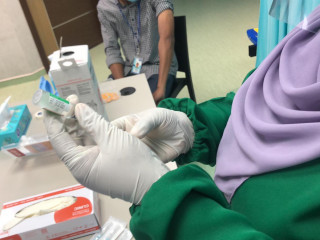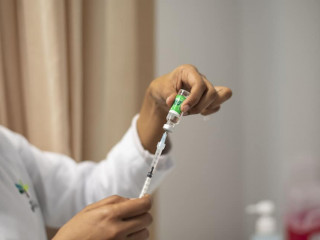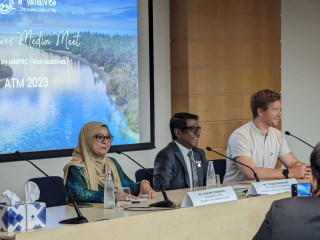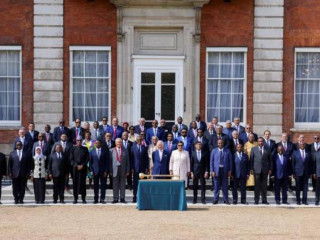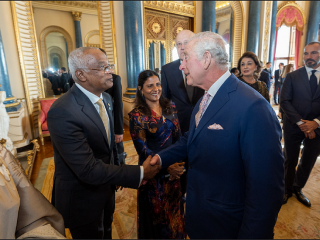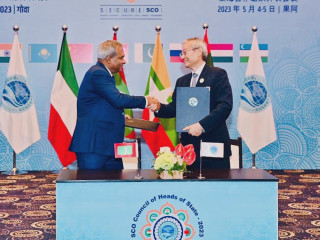Pandemically, the Maldives
As a set of idyllic and geographically secluded islands strewn across the Indian Ocean, Maldives may have had a singularly unique pandemic experience compared to other world nations, with some similar difficulties accompanied by an altogether different set of obstacles. One year since the pandemic washed ashore at home, the nation faces a near-overwhelming third wave of the Covid-19 pandemic with over MVR 3 billion from the state's budget pumped into pandemic response efforts thus far. This is a significant dent for a country with an approximate population of 530,000, but by all means, a necessary allocation of critical funds.
The Maldives was ill-prepared to handle a highly-contagious global pandemic with centralized healthcare, not to mention an economy so heavily reliant on international travel and tourism. Much of the government's Covid-response spending has been on propping up struggling industries and small businesses, with the rest funneled quickly into upscaling and decentralizing healthcare services to cater to the unique Covid-19 infection signature.
Throughout the past year, where collective experiences by the people of Maldives include transitioning into the post-pandemic new normal and devastating costs— both personal and professional— the most striking have been the unequivocal human losses. 64 people have died in the Maldives thus far from Covid-19, many of whom were elderly. Healthcare professionals continue working tirelessly to vaccinate the public against Covid-19, and in treating patients already infected with the virus. The physical and mental drain is unimaginable, and shared among other frontline workers such as Police and MNDF officers, resort employees and those working at international ports across the country. Media personnel are reserved the exhaustive task of being the keepers of bad news in these difficult times, and have been working with health authorities to improve awareness on the infection's risks, vaccination procedure, and how best to restructure daily life in order to prevent further Covid-fatalities.
The following report presents a panoramic snapshot of the Maldives’ pandemic journey thus far, as the nation marks one year since the first case of Covid-19 was confirmed from home shores.
Uphill from Here
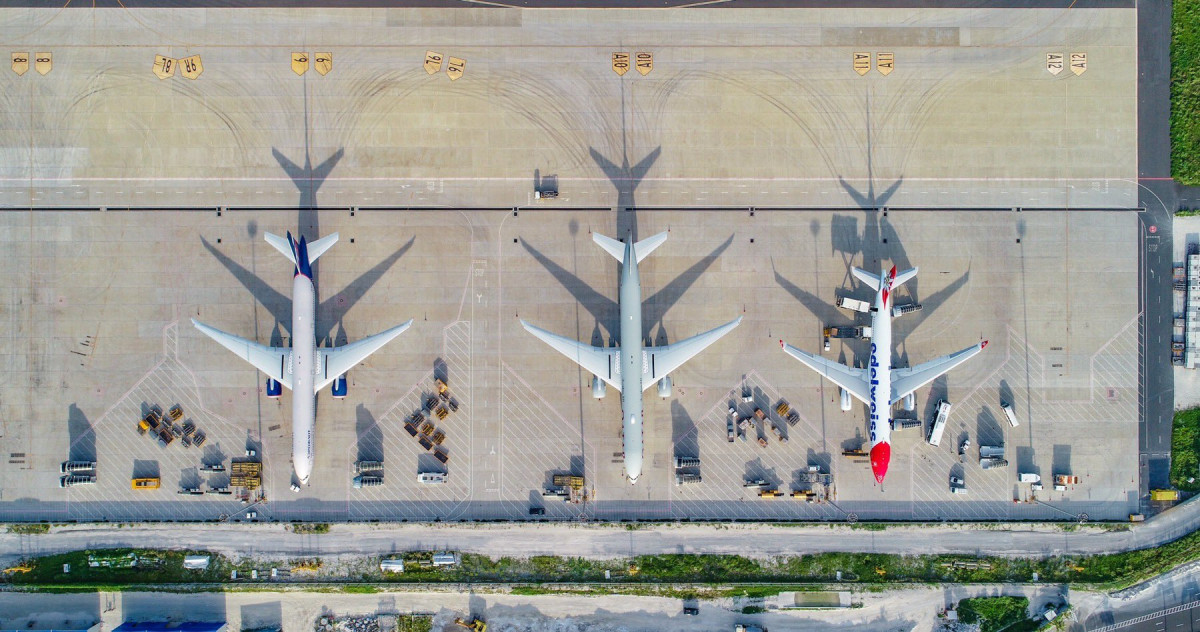
The Maldives is famous across the globe as a picturesque holiday hotspot and travel destination, a fact that is representative across the nation's economic operations. The island nation's booming tourism sector has contributed most of the nation's foreign currency inflow for decades. When the global Covid-19 pandemic finally hit the Maldives, the country had been forced to amputate its most profitable economic wing by temporarily closing international borders and shutting down the tourism sector. What followed were four months of widespread unemployment and income support, debts and loans and grants that kept a whole nation afloat as Maldivians united to brace for the worst, and said hello to what we now refer to fondly as the "new normal".
With earlier than expected vaccine-roll-out across the Maldives, analysts project the island nation is on track to achieve tourism recovery by mid-2021. Minister of Tourism Dr. Abdulla Mausoom confident that arrivals will exceed expectations and help bolster the nation's economic recovery post-pandemic. Over 200,000 tourists have arrived in the Maldives in the new year, despite significant shifts in global tourism markets and trends for international travel as a whole. The Maldives' geographic isolation has succeeded in affording travelers a degree of safety while enjoying stays in insulated, luxury tourist resorts, and at present, the Maldives is recording an average of over 3,000 arrivals per day.
The Maldives' pandemic response, spearheaded by a government keenly receptive of professional health and safety input, has been effective from the very beginning. The island nation has thus far controlled two peaks of Covid-19, and is currently confronting a third wave of infections. The country's Covid-response has been hailed and recognized from the get-go as one of the most organized and well-implemented across the world.
The island nation received the Safe Travels Stamp issued by the World Travel and Tourism Council in September 2020, which acknowledged the coordinated efforts being made across the country to protect the health and safety of travelers and restart the tourism sector, which had been reduced to a virtual standstill earlier that year.
A Study in Perseverance
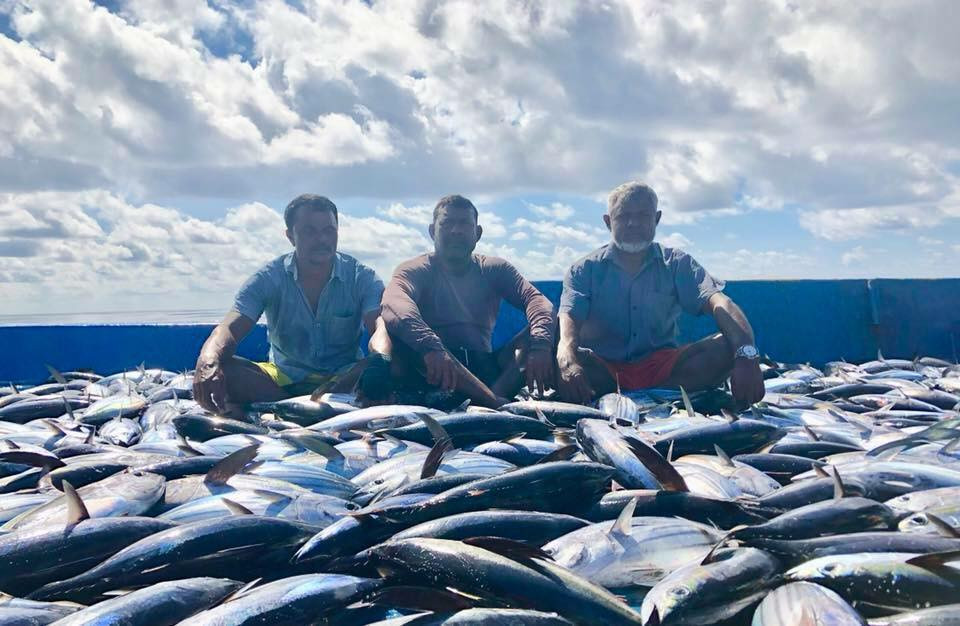
Covid-19 was a devastating financial setback for Maldives, but as some industries struggled, others rose to the occasion to sustain the nation's economy. 2020 has been confirmed as a record year for purchasing fish in the Maldives, with exports of fisheries products increasing two-fold in the final quarter last year. Major changes are being implemented across agriculture and fisheries sector, the latter of which showed remarkable resilience in a year otherwise marked by economic stagnation and downturn. The government's plan for the industry involves making fishing more sustainable, less exclusive, and more profitable across the chain of production, in addition to increasing the nation's fisheries export across key markets such as Europe.
While employment has taken on a whole new dimension across the globe, the situation is mirrored across the Maldives as well. The fine, absolutely essential line that separates work and home has been indefinitely blurred by the smashing entry of the "work-from-home" alternative, which leaves many exhausted even on weekends, struggling to perform essential tasks with less-than desirable internet connections.
Education was another essential aspect of day-to-day operations that were completely restructured following the Covid-19 pandemic. Students at home were left in limbo as authorities scrambled to move learning online with substandard infrastructure, and some international examinations were cancelled across the globe. Maldivians were left stranded in foreign countries, begging to be repatriated as the pandemic swallowed distant nations whole amid international travel restrictions and widespread border closures.
Fast-forward one year and students now undertake a wholly transformed, fully-digitized learning experience, with the Maldives' Ministry of Education being recognized with the UNESCO Wenhui Award for Educational Innovation. The theme for the award in 2020 was “Educational Innovation in Response to Pandemic and Other Emergencies”. Maldives had been identified as the one of the leading innovators in the Asia-Pacific region in ensuring learning continued uninterrupted for students across the country, despite the prevailing difficulties of the pandemic.
Friends in India, and the Cost of Health
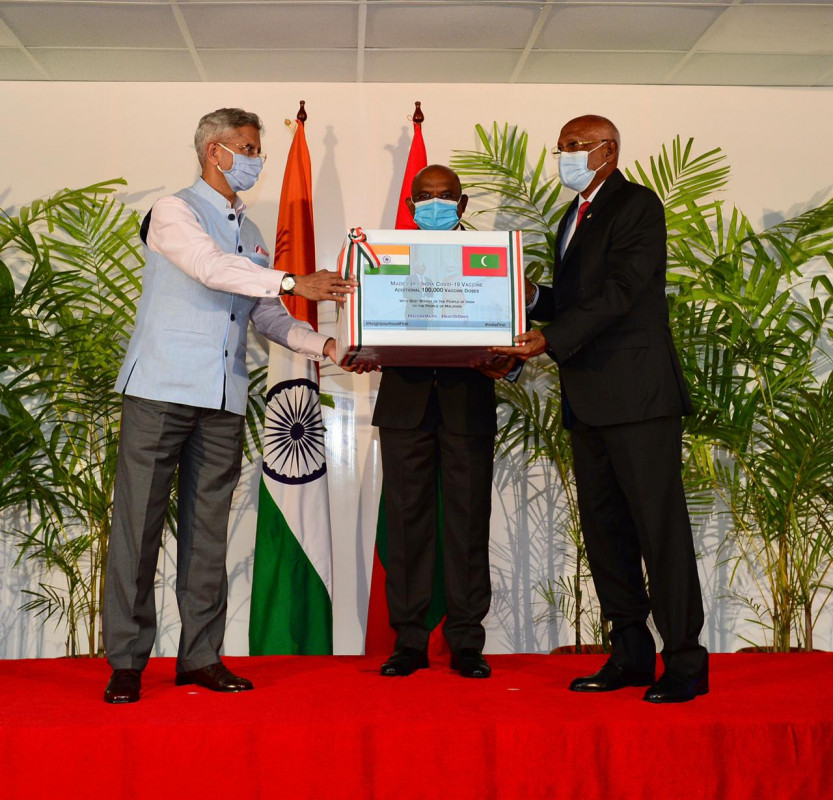
In some ways, the Covid-19 pandemic has been a long-overdue call to action for Maldivian leaders. With the onset of the highly contagious and potentially fatal infection, the glaring holes in public policy, presented by the Maldives' consistent proclivity for centralization, were more made more obvious than before. The incumbent administration's strong foreign policy stance, which aligns with other world governments with share values, proved especially important during times of crises, and played a critical role in the Maldives' pandemic story.
Neighboring India, with whom diplomatic relations had soured significantly under the previous administration, had stepped up with aid at the time Maldives needed it the most. India has committed loans and aid for projects across key areas of socio-economic interest over the past year, including the MNDF Uthuru Thila Falhu (UTF) Harbor Development Project and a USD 40 million loan for sports development.
The icing on the cake of Maldives' centuries-old partnership with India, however, were 100,000 doses of the Oxford AstraZeneca Covishield vaccine, as manufactured by India's Serum Institute, which touched down in the Maldives in January 2021. This was followed by an official visit from India's External Affairs Minister Dr. S. Jaishankar to the Maldives in February, during which the Maldives received an additional 100,000 doses of the Covishield vaccine from India.
President Ibrahim Mohamed Solih was the fourth person to receive the vaccine in the Maldives, prior to WHO issuing an official approval for the Covishield vaccines. As such. a strong display of trust on behalf of the nation's leaders was what started the Maldives "Covid-19 Dhifaau" vaccination programme on 1 February 2021, which prioritized immunizing high-risk persons and frontline workers against Covid-19. Thus far, over 145,000 vaccinations have been conducted across the country, including vaccines administered to foreigners and undocumented migrant workers. The Maldives' effective and equitable vaccine distribution being hailed by the international community as an example for other nations, with praise afforded by the United Nations and the International Red Cross and Red Crescent Movement.
A fast roll-out of essential vaccines, coupled with the government's rapid healthcare decentralization efforts, which saw Covid-management facilities established across different atolls, have proved to be the fulcrum around which the Maldives has structured national Covid-response efforts.
However, as the country presently experiences a third peak of Covid-19 infections, the strain is starting to show on health infrastructure and resources stretched thin across distant islands. Earlier this week, health authorities warned of they were on the verge of being overwhelmed. The mental health costs of the pandemic prevail, with social issues like employee wellness, workers’ rights, drug addiction, homelessness and domestic violence at the forefront of conversations as the most disadvantaged communities within Maldives continue their struggle with the pandemic's unprecedented fallouts.
To Recovery, and Beyond
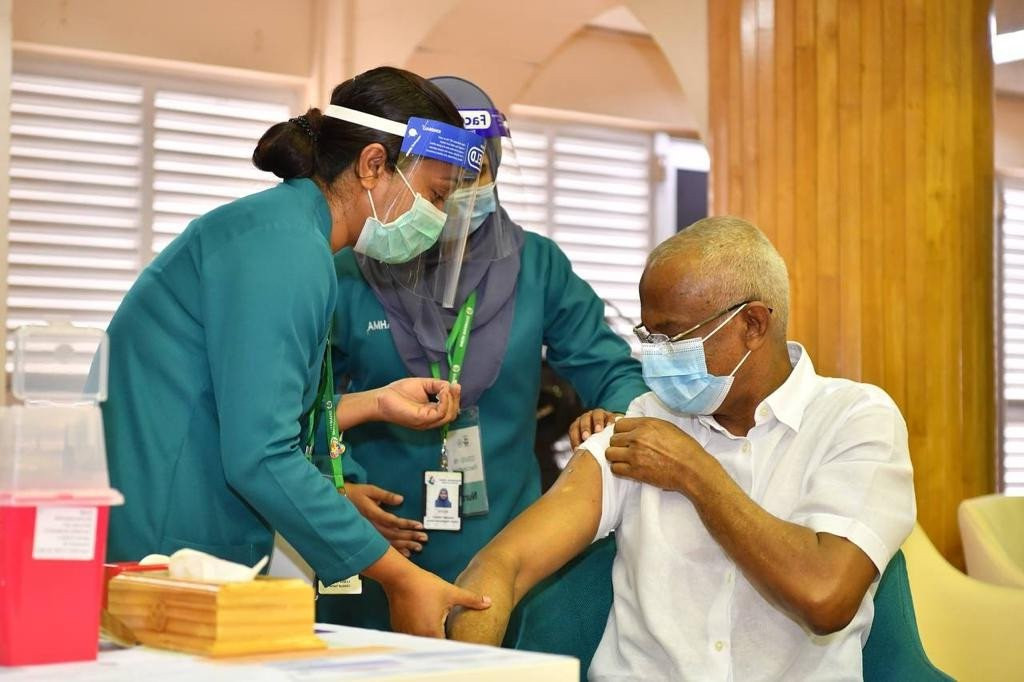
As the Maldives somberly marks one-year with the global Covid-19 pandemic on home shores, it is important that we remember the picture as wholly as we can. With the arrival of the pandemic, the stage has been set for what will surely go down in history as one of the most dynamic periods in Maldivian history, from a social, economic and political perspective. With the Local Council and Women's Development Committee (WDC) elections looming, followed by the holy month of Ramazan, pandemic-control efforts will likely be ramped up significantly within the next few weeks.
Health authorities have confirmed that they would be pursuing a mass awareness movement across the Maldives, as the archipelago nation closes out one year of battling the Covid-19 pandemic. Doctors, nurses and health professionals across the country have called for strong public backing for the movement, with the heartening affirmation of their continued support as citizens continue their journey through life within the new normal.
The past year has been a year marked by human tragedies and grave losses all over the world. Detailed numbers, statistics and records both made and broken, can provide a somewhat accurate impression of the pandemic's challenges, and the unprecedented efforts being made to overcome it. Despite this, it remains a difficult task to accurately describe the experience with words. To experience a modern-day pandemic may not have been what we imagined heading into a new decade, but with over 2.5 million deaths reported from the Covid-19 infection worldwide, the gravity of the situation presses uncomfortably against all of us. Public health is as much about individual civic duty as it is about health policy and implementation, a fact that has become apparent as different countries base their pandemic-response efforts the strengths and weaknesses of their communities.
For some nations, the worst is in the rearview, while others brace for the worst with new, more lethal variants of the infection in active spread. With historic billion-dollar research efforts, effective vaccines for Covid-19 are now on the table, and the Maldives has been supremely privileged to have secured enough doses of vaccines to immunize the nation's whole population against the infection within the coming months.
The keyword here is privilege. With millions of active cases of Covid-19 infections putting vulnerable communities at risk across the globe, the Maldives has been presented with an opportunity to prevent further loss of life. Herd-immunity from Covid-19 is no joke; vaccines worked for polio and measles years ago, and their effectivity remains undisputed. There is light at the end of this tunnel, but only for those who practice constant vigilance when times get really rough. Vaccinate, if you haven't already. Maldivians have persevered thus far, and the science suggests collective effort will see us move Covid-19 into the rearview, too. One year into the Covid-19 pandemic, Maldives prepares to turn yet another page in its pandemic story, hopefully onwards, to recovery and beyond.
